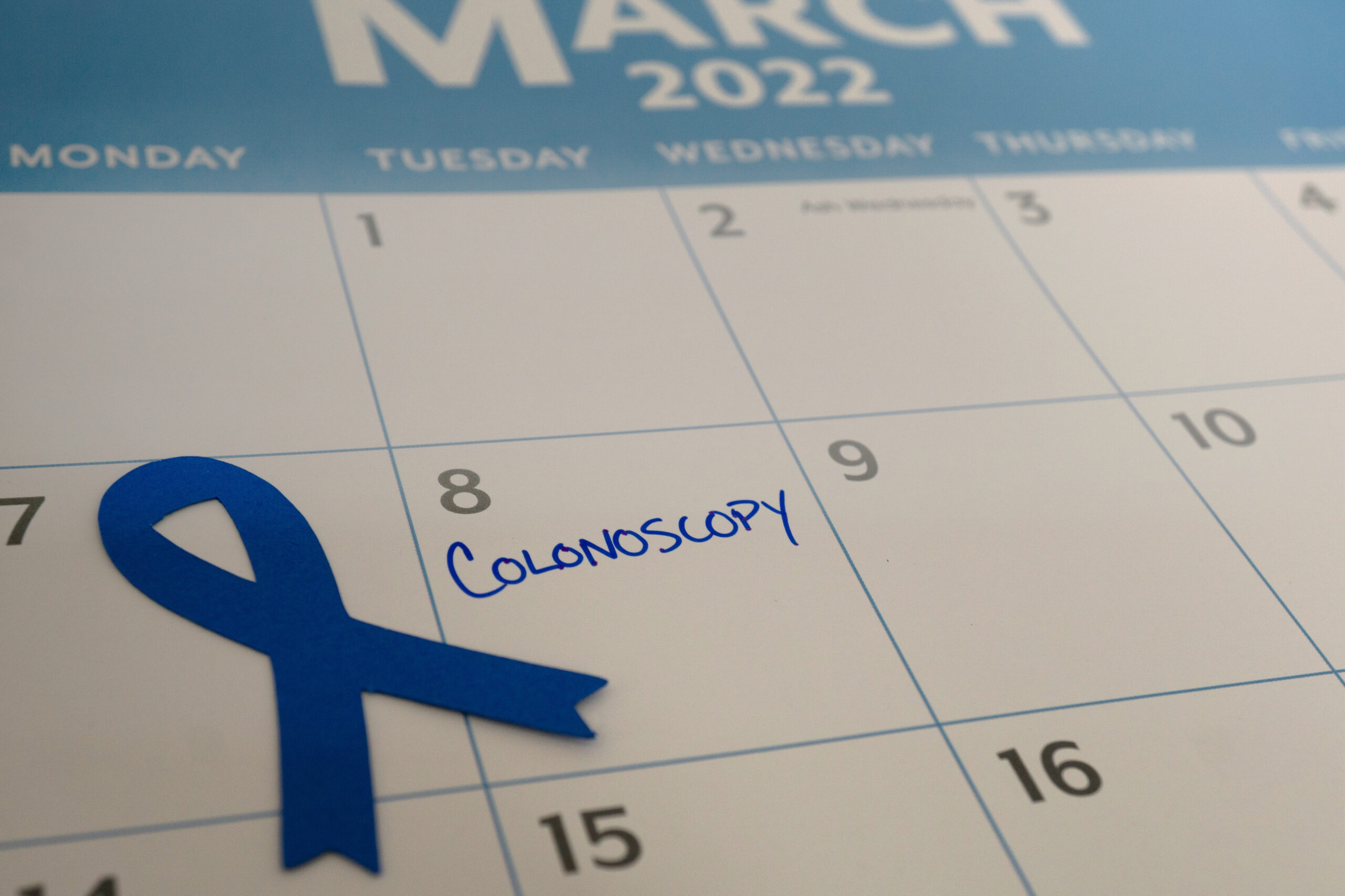by Bret Hanna at Rosing Davidson Frost
The American Cancer Society expects there will be 106,970 new cases of colon cancer in 2023. One in 23 men and 1 in 26 women develop the disease. Although colorectal cancer is often deadly, it is also very preventable and treatable. Prevention and treatment require screening, which often necessitates a colonoscopy. A correctly performed colonoscopy can identify pre-cancerous polyps or cancer, which is often treatable in the early stages. Fifty was long considered the gold standard age for the first colonoscopy.
However, The American Cancer Society and CDC now recommend that everyone undergo a colonoscopy no later than age 45. Certain risk factors may indicate that a colonoscopy is necessary sooner, but only a qualified medical professional can determine your “colonoscopy age.”
Family History. A family history of colon polyps or colon cancer is a significant risk factor because between 5 and 10 percent of colorectal cancers have a genetic/familial link. If there is a family history, it could be the result of an inherited cancer gene that dictates earlier screenings.
First-Degree Relative History. Suppose a parent, sibling or child has a history of pre-cancerous polyps or colorectal cancer. In that case, your colonoscopy age may drop significantly, especially if they were diagnosed young. The rule is that a colonoscopy is necessary ten years before the youngest first-degree relative received their diagnosis. As such, if a first-degree relative received the diagnosis at age 30, the colonoscopy age for the rest of the immediate family is 20.
Non-Genetic/Non-Family History Factors. In many, if not most cases, there are no symptoms until the late stages, when it is often too late for a cure. In addition to the genetic and familial history risk factors, a physician should review other risk factors to determine whether a specific individual needs a colonoscopy sooner. Such factors include alcohol use, tobacco use, history of radiation for other types of cancer, high-fat diet, sedentary lifestyle, obesity, diabetes, history of inflammatory bowel diseases (Crohn’s disease, ulcerative colitis, etc.) and history of polyps in the rectum or colon.
The five-year survival rate for early detection of colorectal cancer is 91%, and that number has been slowly rising. Unfortunately, medical professionals only catch 40% of colon cancer cases early. Screening options, such as fecal occult blood test, double-contrast barium enema, flexible sigmoidoscopy and virtual colonoscopy, are available. The reality, however, is that colonoscopy is the most comprehensive screening tool available. In addition to detection, colonoscopies have the added benefit of preventing colorectal cancer through pre-cancerous polyp removal. A colonoscopy may not be appealing, but having one at the right age can be a lifesaver.








Leave A Comment